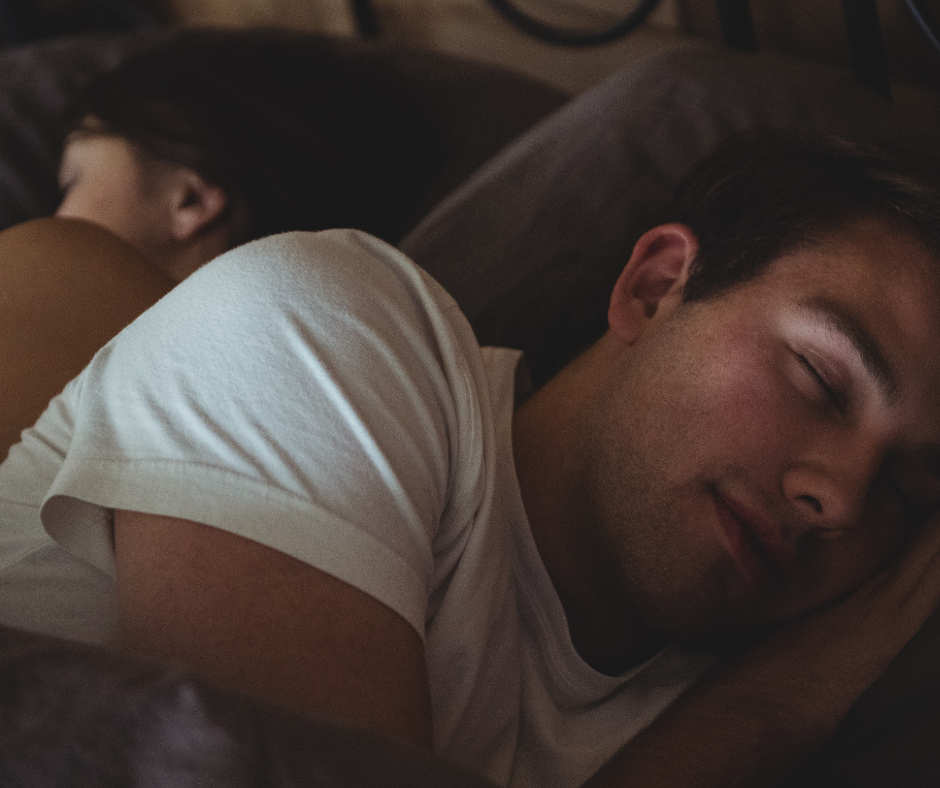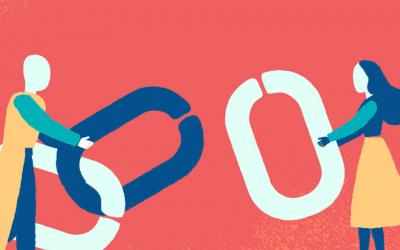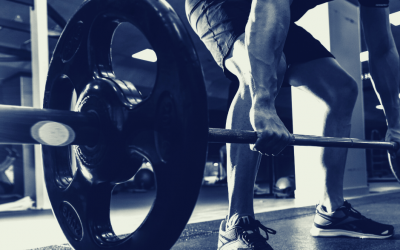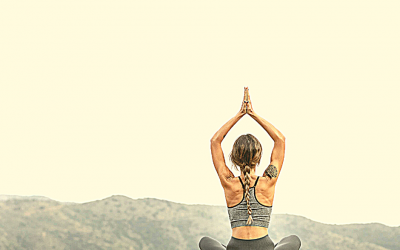Let talk sleep.
How much sleep we need is a pretty established thing in science – healthy adults need 7-9 hours of sleep per night. Teens ad children should really be getting more – babies need around 12 to 14 hours of sleep per day [1]. These figures are a rough generalisation and there are always exceptions to the rule – people need to take into account their own knowledge of their bodies, and any pre-existing conditions they may have.
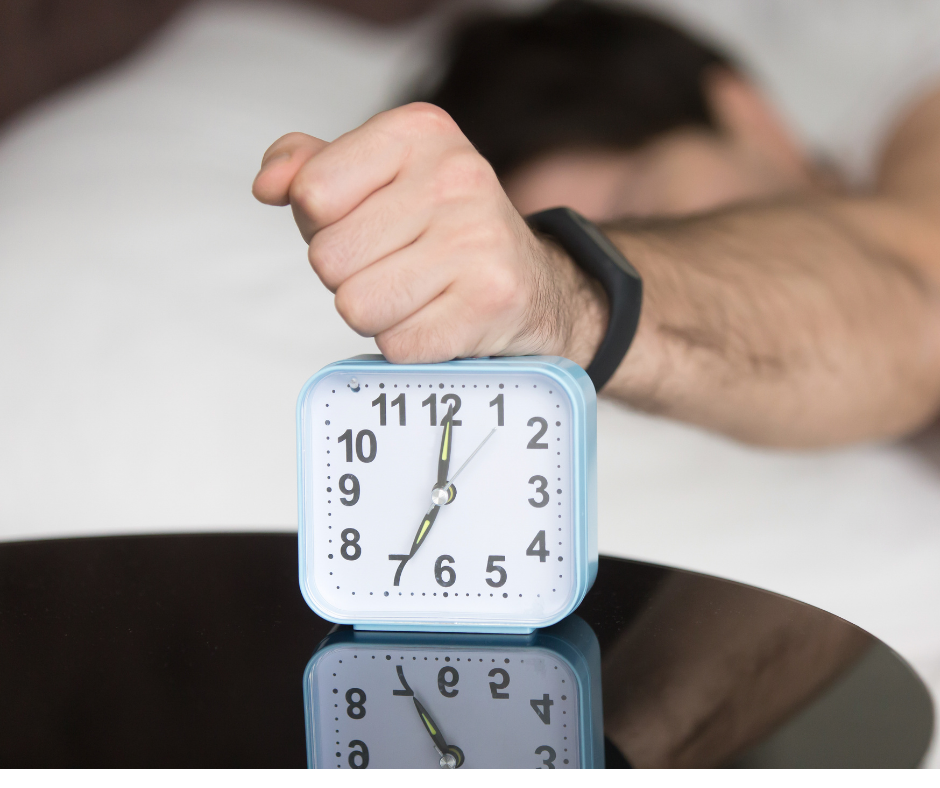
Interestingly, sleep quality is about as important as sleep length [2]. Sleep quality can impact exactly how long a sleep a person needs to be healthy and restored. Some adults will only require 5 to 6 hours of good quality sleep. Good quality sleep is managing to drift off within 30 minutes of trying and staying solidly asleep with up to one mid-sleep waking where sleep is then regained within 20 minutes.
Despite the old adage of 1 hour before midnight is worth 2 after, there are no hard and fast rules about bedtimes. Though we do know that the different phases of sleep are pretty much established. Deep, restorative non-Rapid Eye Movement (REM) sleep occurs in the earlier portion of the night whilst the dreaming state of REM sleep comes in later. And it doesn’t matter when you go to sleep [3], these phases will happen, so sleep at 4am and you are wandering your brain straight into the lighter dreamier sleep state.
You’ve possibly heard potentially apocryphal stories around famous people and their sleeping habits. There are a lot that we do know for sure though! For instance, Da Vinci (who we must remember was a genius polymath inventor as well as artist who could write with both hands at the same time backwards and forwards) was a big fan of catnapping. He would sleep for 20 minutes every four hours. Michael Phelps sleeps in a special chamber to replicate high altitudes and Winston Churchill took a 2 hour ‘nap’ every day at 5pm. Again though there aren’t any hard and fast rules of sleep for success.
Still, it’s obviously important to get the best quality sleep you can, however long you spend doing it! Hence, here’s 5 tips to better sleep!
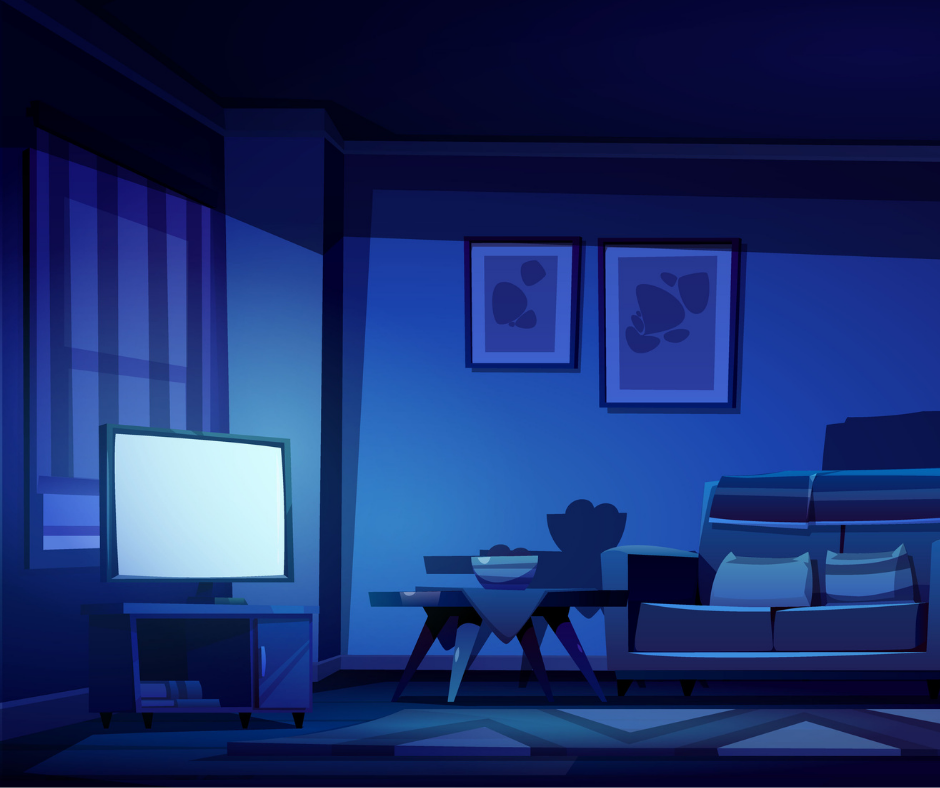
Golden hours
As mentioned there’s no rule about an hour before midnight in reality. However! That all important non-REM sleep takes place between 8pm and midnight. It’s probably why if you try to nap in this time frame you end up waking up four hours later from what was supposed to be a 30-minute nap.
Trying to get to sleep in this time for the night is a brilliant idea for better sleep because you’ll get some of that excellent restorative rest. Don’t force yourself to bed at 8pm though if you’re used to going at 1am! Perhaps just slide your bedtime forward to 11pm gradually.
Power hour
All light affects our sleep-wake cycle. Artificial light from screens features what’s referred to as ‘blue light’ which is shown to affect the pineal gland’s secretion of melatonin (the sleep-wake cycle hormone) more than any other spectrums of visible light. This means screen time is keeping you up!
Although there are special glasses that you can get that filter blue light for ‘better sleep’ and many devices have a blue light filter mode making them adopt an orange hue, at the end of the day it’s not just the blue light that’s a problem when trying to get better sleep.
The answer? Separate the use of screens and bedtime, and the best way to do this is with an hour of down time before attempting to sleep. If you try to jump straight from you phone you’re going to find yourself lying in bed waiting for sleep to come. Want better sleep? Spend an hour doing some light chores to tire the body (washing the dishes for example), or read a few pages of something. Perhaps spend some time planning the next day and writing it into a physical journal.
If you Exercise, you Energise
Doing exercise causes your body to release adrenaline. Adrenalin is your body’s natural go faster drug, so exercise gets your muscles all wired up and your brain too! Exercise is important in getting better sleep though! Absolutely get exercise. Just plan your day so that the exercise doesn’t take place within 2 hours of bed time.
It’s chilly in here!
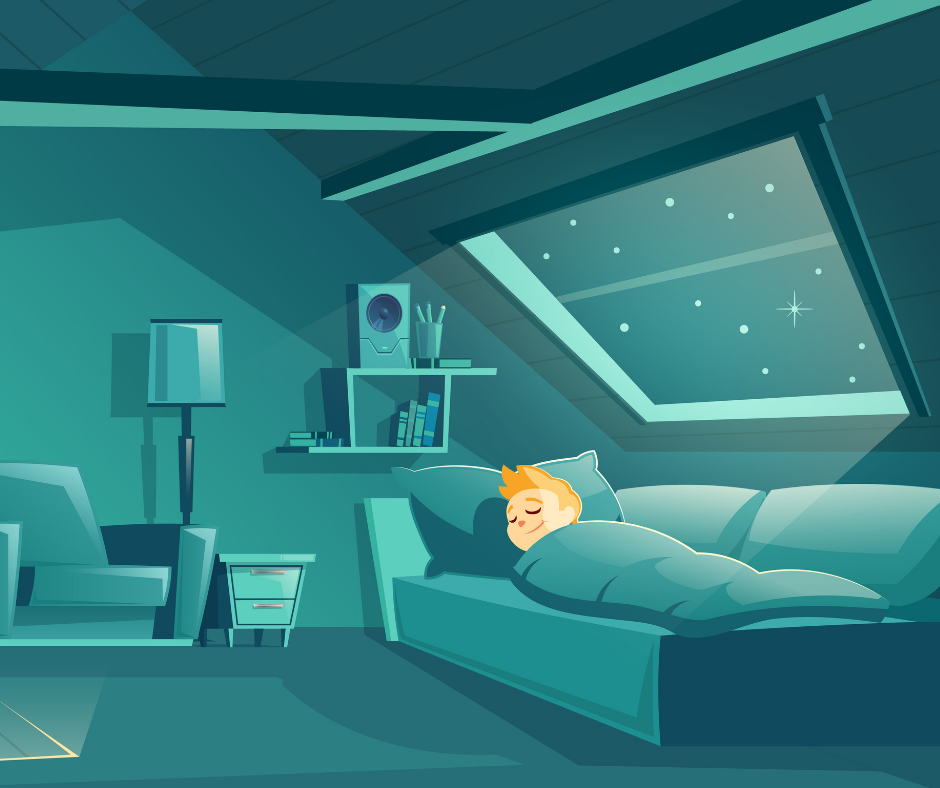
It may sound odd, but cool your room before and during sleep. Whilst a warm room may seem cosy and comforting, it’s not actually conducive to better sleep. Your body temperature lowers naturally during sleep, a cool room helps that along. Also, keeping a window open means you’ll be getting oxygen in too. A cold room triggers your body’s natural signal to sleep meaning you’ll get to sleep quicker, and melatonin production is higher at lower temperatures.
Shut up shop
Bedtime is a rest time. Better sleep can be achieved by mentally closing off your business for the day. As mentioned, you need an hour gap between electronics and bedtime, so use the time to close off worries and set your goals for the next day. Physically writing these down and then closing the book are both a metaphorical and physical manifestation of closure. Doing this should clear your mind and aid better sleep.
Sleep is important. It restores body and brain. It help our overall health and helps to fight disease. Better sleep is one step to a better life. But maybe you have certain goal in mind too? Get in touch with me today, let’s chat about your goals and how I can help. Or how about having a look at some of my other posts for inspiration? Like my look at what we can learn from Pep Guardiola.
Transcend Coaching is a small business consultant and life coach offering business management coaching and personal coaching. We primarily serve businesses and individuals in Wolverhampton, Birmingham, Walsall, Dudley and the West Midlands but we can help nationwide. Whatever your needs – whether you are attempting to hit sales targets, achieve personal goals or start-up your own business Transcend Coaching is here to help you. Get in touch today for a free consultation!

